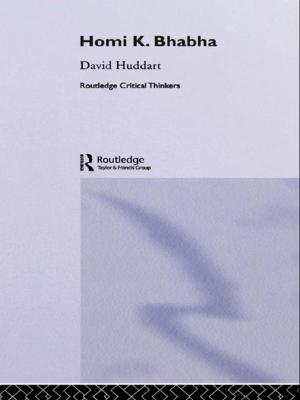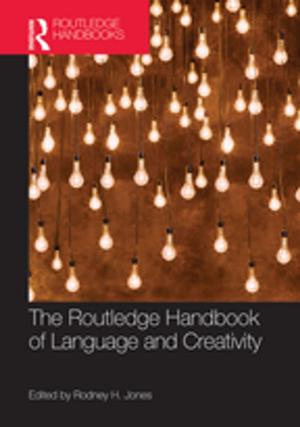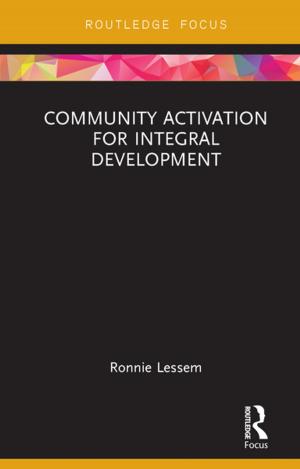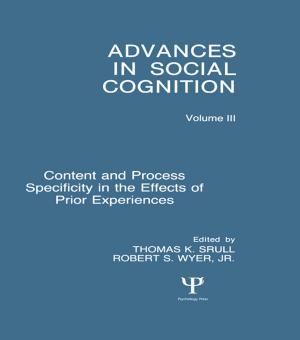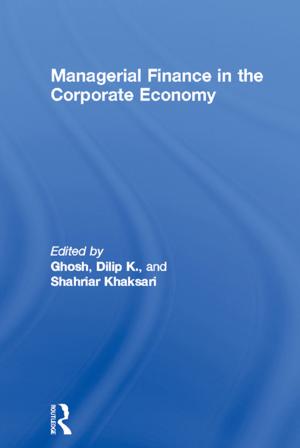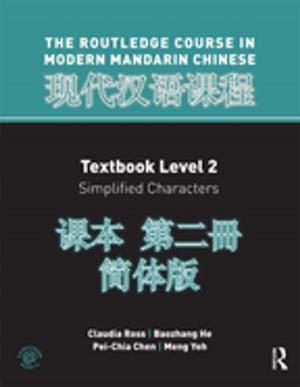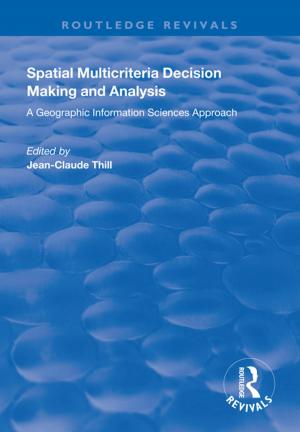Revival: Sakya or Buddhist Origins (1931)
Nonfiction, History, Asian, Asia, Social & Cultural Studies, Social Science, Cultural Studies, Ethnic Studies, Religion & Spirituality, Eastern Religions, Buddhism| Author: | Rhys Davids Caroline | ISBN: | 9781351345170 |
| Publisher: | Taylor and Francis | Publication: | April 20, 2018 |
| Imprint: | Routledge | Language: | English |
| Author: | Rhys Davids Caroline |
| ISBN: | 9781351345170 |
| Publisher: | Taylor and Francis |
| Publication: | April 20, 2018 |
| Imprint: | Routledge |
| Language: | English |
Sakya or Buddhist Origins by Mrs. Rhys Davids is as relevant today as it was in 1928, the year of its first publication. Time has added to its value. The remarkable progress in the realm of Science has not abated man's yearning for the call of the quest.
As the title implies, its aim is to unravel the genuine message of Gotama, the Buddha, from the accretions in the Pali scriptures, by adopting the techniques of archaeologist. It is divided into two parts. Part one treats of the discovery , the reconstruction, the rehabilitation of that which, at its birth, was a new and true word from very man to very man, true always and everywhere. Part two tells how this gospel came to be dressed to suit a monastic set of ideals. An appendix dealing with Pali Pitakas is added. Over the years, in spite of a large number of books, the horizons of knowledge about Buddhism have remained stationary. This book takes a further step in widening that knowledge and thus provides an impetus for further research.
Sakya or Buddhist Origins by Mrs. Rhys Davids is as relevant today as it was in 1928, the year of its first publication. Time has added to its value. The remarkable progress in the realm of Science has not abated man's yearning for the call of the quest.
As the title implies, its aim is to unravel the genuine message of Gotama, the Buddha, from the accretions in the Pali scriptures, by adopting the techniques of archaeologist. It is divided into two parts. Part one treats of the discovery , the reconstruction, the rehabilitation of that which, at its birth, was a new and true word from very man to very man, true always and everywhere. Part two tells how this gospel came to be dressed to suit a monastic set of ideals. An appendix dealing with Pali Pitakas is added. Over the years, in spite of a large number of books, the horizons of knowledge about Buddhism have remained stationary. This book takes a further step in widening that knowledge and thus provides an impetus for further research.

